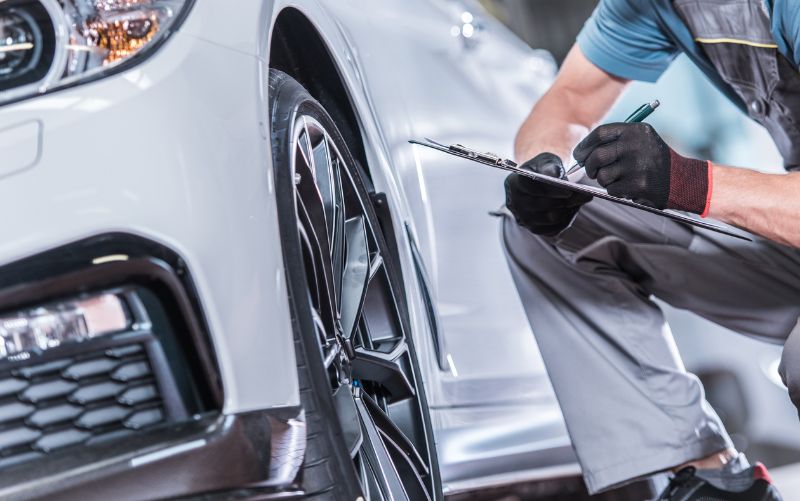There are a variety of car buyer companies who all have different ways of valuing cars. It is important to do your research on which company is the best fit for you and your car. In this blog post, we will explore how different car buyer companies value cars and what factors they consider.

If you’re looking to sell your car, you might be wondering how car buyer companies value my car. There are a few things that these companies take into consideration when making an offer on your vehicle.
The first thing they’ll look at is the make, model, and year of your car. They’ll also look at the mileage and overall condition. All of these factors will affect the value of your car.
The second thing they’ll look at is the current market value of your car. They’ll research similar vehicles and compare them to yours to see how much your car is worth.
The last thing they’ll consider is any special features or options that your car has. This could include things like a sunroof, leather seats, or a navigation system. These features can add value to your car and help you get a higher offer.
Keep in mind that car buyer companies are in the business of making money. They’re not going to give you the full value of your car. But, if you do your research and shop around, you should be able to get a fair offer for your vehicle.
What is the actual cash value, or ACV?
The actual cash value, or ACV, is the value of a vehicle at the time it is damaged, totaled, or stolen. The ACV is determined by the insurer and is based on the total valuation of the vehicle, including its mileage and market value. A new car will have a higher ACV than a used car.
How Is the Actual Cash Value Determined?
The actual cash value (ACV) of a car is determined by the market value of the car, minus any depreciation that has occurred. The market value is what a willing buyer would pay for the car, and is typically estimated by the insurer. New cars generally have a higher market value than older cars, and vehicles with low mileage are usually worth more than those with high mileage. The ACV of a car is also affected by whether or not there is a car loan on the vehicle. If there is a loan, the ACV will be lower than if there was no loan, because the buyer would need to pay off the loan in addition to the purchase price of the car.
Actual Cash Value vs. Replacement Cost
There are two main ways that car insurance companies determine the value of your vehicle: actual cash value (ACV) and replacement cost. ACV takes into account things like wear and tear, mechanical issues, cosmetic damage, and mileage when determining the value of your vehicle. Replacement cost, on the other hand, is what it would cost to replace your vehicle with a new one. Most car insurance companies will use ACV to determine your premium, but some may use replacement cost if your vehicle is newer or in better condition.

Information You’ll Need to Estimate Your Car’s Value
Before you can estimate your car’s value, you’ll need some information about the vehicle. This includes the make, model, year, mileage and any special features or modifications. You’ll also need to know if the car is owner-operated or used. Once you have this information, you can begin to look up the valuation of similar cars and get an estimate of your own car’s value.
Kelley Blue Book
Kelley Blue Book is a car buyer company that appraises used cars. The value of a car is based on many factors including the make, model, year, condition, mileage and location. KBB uses trends and market data to estimate the value of a car. The trade-in value is what a dealer would offer for your car as a trade-in towards the purchase of a new car. The private party value is what you could expect to receive if you sold your car to a private party. The cash offer is the amount of money you could expect to receive if you sold your car to a dealer for cash.
Conclusion
Car buyer companies will typically value your car based on its make, model, year, mileage, and overall condition. If you have a newer car with low mileage and good condition, you can expect to get a higher value than an older car with high mileage and poor condition.